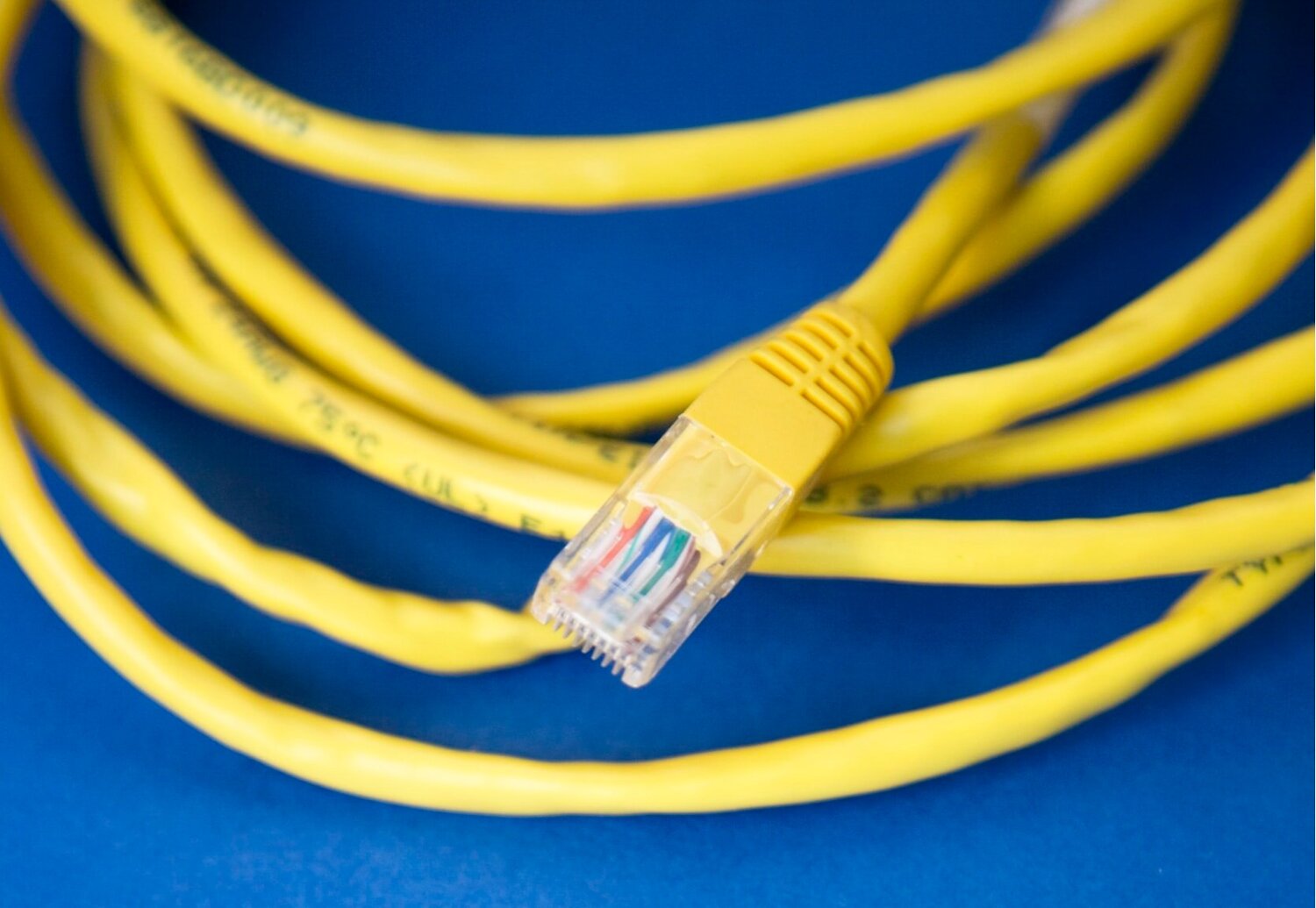Statement to the Baltimore City Delegation: Racial Justice & the Digital Divide

Statement to the Baltimore City Delegation: Racial Justice & the Digital Divide
On December 1, 2020, the Baltimore City Delegation held an “Ideas & Priorities Public Hearing.” The Foundation, together with leaders from the Baltimore Digital Equity Coalition, presented statements addressing the digital divide. Below is the statement prepared and read by amalia deloney, on behalf of the Foundation.
The internet is a powerful catalyst for change.
It is a job creator, an education provider, and a driver of innovation, creativity, and social change. In 2019, the Pew Research Center reported that 81% of Americans go online on a daily basis, underscoring the basic fact that the internet has permeated nearly every aspect of our lives, and is the most transformative technology of our lifetime.
In fact, the Robert W. Deutsch Foundation believes internet access is a prerequisite for social and economic inclusion.
Nearly four years ago, research by Free Press found that people of color account for nearly half of the people in the United States who lack any form of home-internet access. In Baltimore the story is similar; more than 40% of the households lack home broadband, the majority Black and Latinx. For these families, the contrast between the power of the internet and the depth of the digital divide is profound.
Across the country Black, Latinx and Native households lack internet access at disproportionately higher rates. Income inequality, biased credit scoring and other forms of systemic racial discrimination are just some of barriers they face. These households, approximately 96,000 in Baltimore City, are denied the power of broadband to apply for jobs, pursue educational opportunities, participate in civic life and organize for social change.
Nearly eleven months into the COVID-19 pandemic, we must tackle the impact of the digital divide, as broadband inequities are cast in sharper relief. Whether students who cannot attend school; isolated seniors who cannot do a telehealth visit; immigrant business owners unable to transition to digital storefronts; or neighborhood leaders who are blocked from civic engagement, the challenge of the digital divide underscores the undeniable relationship between broadband and full participation in today’s society.
We know digital equity is about more than access to devices and strong internet connections, it's a leveler of society and a precursor to racial and economic justice. Now more than ever we must acknowledge our economic future depends on everyone having access to this vital resource.
We support the Baltimore Digital Equity Coalition (BDEC) policy demands and also urge the following:
Adopt open internet principles, modeled after the California Net Neutrality Law
Acknowledge the relationship between broadband and redlining; and the structural inequities that persist when ISPs choose to upgrade high-profit neighborhoods first
Make broadband access a Racial Equity Priority, emphasizing access and build-out for those who have the least access and ability to pay, fostering economic opportunity and mobility
Create a Racial Equity Impact Report for all ISPs operating within the City of Baltimore, using public rights of way
Leverage public ownership in service of a long-term vision of public, free universal internet access using city-owned infrastructure
Photo courtesy of https://techdaily.ca
